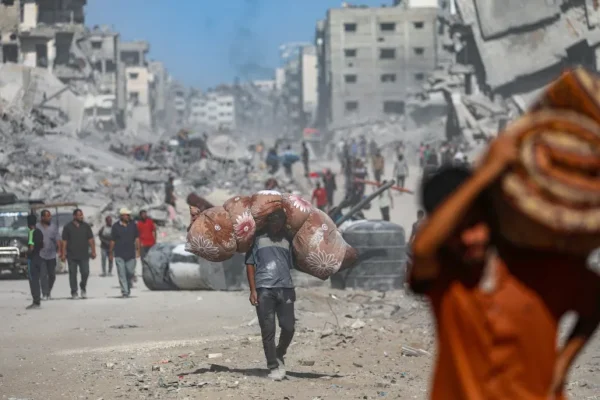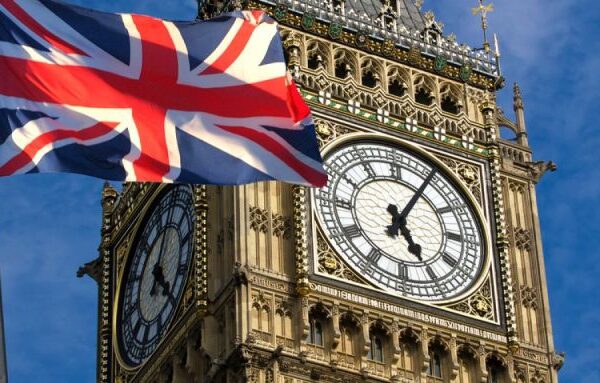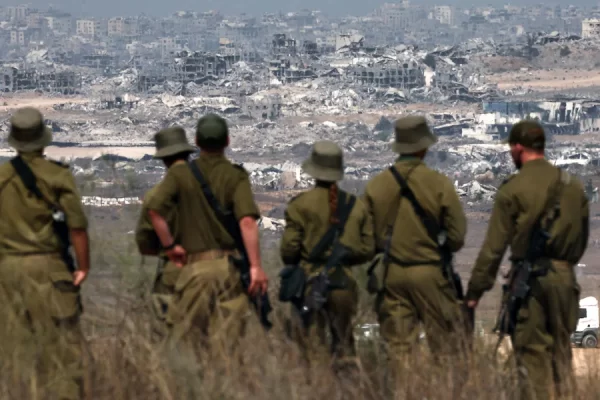
El-Sisi, Trump to Co-Chair Gaza Peace Summit in Egypt on Monday
By Trend Brio News | October 12, 2025 SHARM EL-SHEIKH, EGYPT — Egyptian President Abdel Fattah el-Sisi and U.S. President Donald Trump are set to co-chair an international peace summit in Egypt’s Sharm el-Sheikh on Monday, bringing together leaders from over 20 countries to discuss a comprehensive plan to end Israel’s devastating war on Gaza. According to a statement from the Egyptian presidency on Saturday, the summit aims “to end the war in the Gaza Strip, enhance efforts to achieve peace and stability in the Middle East, and usher in a new era of regional security and stability.” Among those confirmed to attend are United Nations Secretary-General António Guterres, UK Prime Minister Keir Starmer, French President Emmanuel Macron, Italy’s Giorgia Meloni, and Spain’s Pedro Sánchez. It remains unclear whether Israeli Prime Minister Benjamin Netanyahu or any representatives from Hamas will take part. The announcement follows the implementation of the first phase of a U.S.-brokered ceasefire between Israel and Hamas, which includes the release of Israeli hostages and Palestinian prisoners, the partial withdrawal of Israeli troops, and the resumption of humanitarian aid into Gaza. Palestinians Return to Rubble As the ceasefire holds, tens of thousands of displaced Palestinians have begun returning north along the Gaza coast to their homes — or what remains of them. Much of Gaza lies in ruins after two years of war that have killed more than 67,000 people, mostly civilians, and left the enclave on the brink of famine. Al Jazeera’s Hani Mahmoud, reporting from Gaza City, described scenes of resilience amid destruction. “People walk this exhausting journey back because they belong here,” he said. “But spending a night here is going to be very difficult. The struggle to survive continues each hour.” Recovery Efforts Underway Gaza’s Government Media Office said more than 5,000 recovery and relief operations have been conducted since the ceasefire began. Over 850 missions were carried out by civil defence and municipal teams to recover bodies and clear debris, while more than 900 efforts focused on restoring water and sewage infrastructure. Officials in Khan Younis reported that 85 percent of the city has been destroyed, with over 400,000 tonnes of rubble still blocking streets. Aid agencies say the work is being done with minimal resources due to Israel’s continued blockade restricting fuel and equipment imports. Push for Humanitarian Access Aid groups, including the World Food Programme (WFP) and UNICEF, have called on Israel to reopen border crossings to allow the delivery of food, medicine, and relief materials. WFP country director Antoine Renard said the agency was ready to reopen 145 food distribution points across Gaza once access is restored. UNICEF also announced plans to scale up food and hygiene supplies for children and families. Prisoner and Hostage Exchange As part of the ceasefire deal, 20 Israeli captives and the bodies of 28 others are set to be handed over on Monday, according to President Trump. In exchange, Israel will release 250 Palestinian prisoners and about 1,700 Gazans detained without charge since the war began. In Tel Aviv, tens of thousands gathered in Hostages Square to mark the expected return of captives. Trump’s son-in-law Jared Kushner, daughter Ivanka Trump, and U.S. envoy Steve Witkoff — who helped broker the agreement — joined the rally. “I dreamed of this night. It’s been a long journey,” Witkoff said to loud applause. “As you return to your families, know that all of Israel and the world stand ready to welcome you home.” Al Jazeera’s Hamdah Salhut reported that families of Israeli captives credited Trump and the U.S. team for the deal, accusing Prime Minister Netanyahu of prolonging the conflict for political reasons. With the summit in Sharm el-Sheikh set to convene on Monday, global leaders hope the talks can solidify the fragile ceasefire and pave the way for lasting peace in the region.



